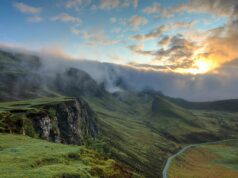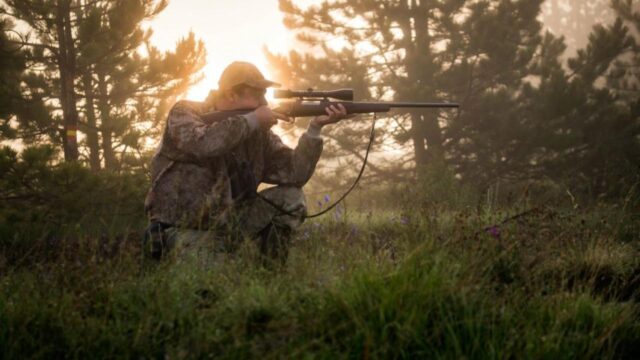
When you hear someone ask “is hunting good or bad for our environment?”, you should definitely expect a wide range of answers. Of course, the answers you get will mostly depend on whom you choose to ask, but, without any doubt, it does impact our environment. However, not in a negative way.
If you are a hunting enthusiast who is wondering whether or not you are negatively impacting the habitat we all share, this article might provide you with the answers you are looking for. The text below is going to feature a list of the reasons why this hobby can actually be good for us. Let’s take a closer look:
Page Contents
1. It Helps With The Overpopulation of Different Species
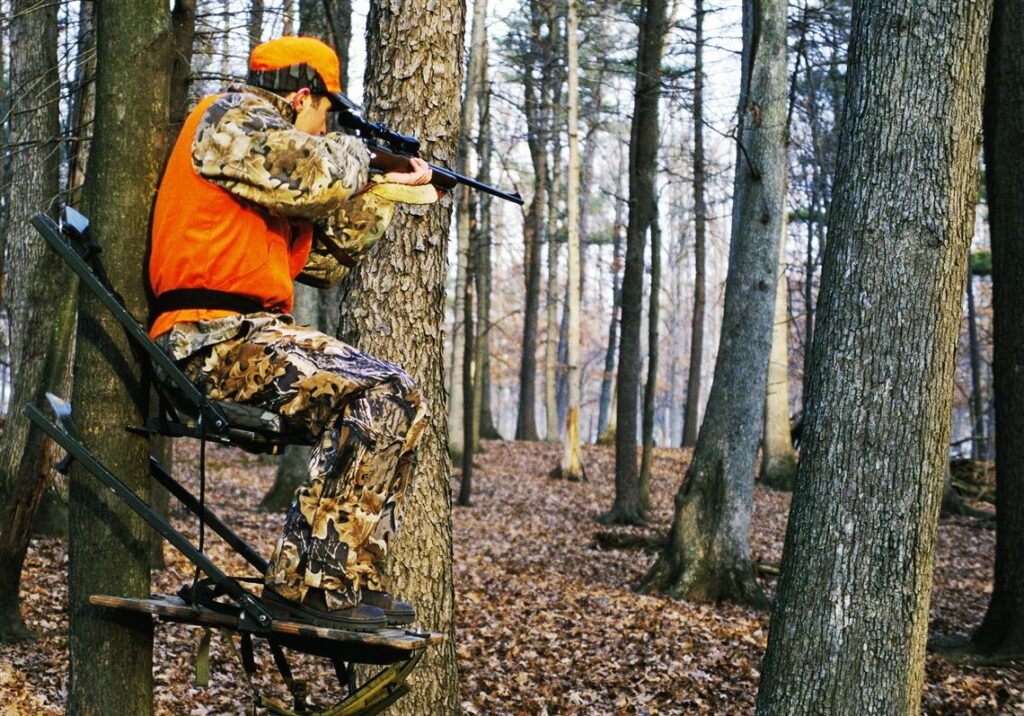
As you already know, some animals found in the wild can actually breed faster than other species, which is why they can harm our environment in a few ways. If their numbers increase drastically, it can cause a lot of issues for farms such as creatures trampling vegetables and fruits, or overfeeding on the crops.
This mostly happens in areas where there is no carnivorous wildlife that would help naturally control and maintain the population. The most frequent examples of this problem are deer. When there is overpopulation, these animals often lack food and once they start searching for it, the situation becomes worse.
When and if this occurs, there is an increased number of accident reports since specific creatures often unwillingly stray into urban areas in search of food. The collisions that happen can also hurt the people in the vehicle, and in some cases, it has lead to fatalities. This is one of the main reasons why this sport and hobby is allowed. To aid with maintaining and keeping the number of specific species in control.
2. It Can Stop The Spread of Illnesses And Damages to The Ecosystems
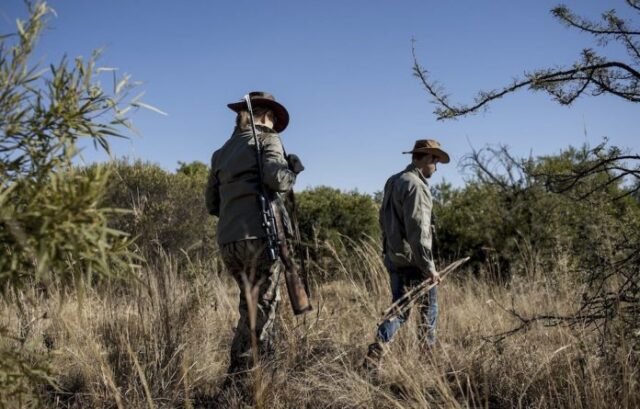
Two of the main reasons why hunting is good is because it can help protect the habitat of hundreds of species and the ecosystem that surrounds them. As mentioned, it can maintain the deer population, which means that people who enjoy this sport can also prevent damage to the woods.
Additionally, deer love saplings and where there is a lot of them, the woods become pastures for them, hence, they might eat the new saplings, which will then lower the number of new trees growing. Now, you should think of diseases like nature’s way of controlling the population.
These most frequently happen when there is overpopulation, so, as a result, specific illnesses spread to other wildlife that might not be overpopulated, but instead, in danger of becoming extinct. Tracking wildlife that might be ill or sick can help with preserving other wildlife, as well as helping the sick ones that are suffering from a demise that cannot be avoided.
3. There Are Also Laws That Control Every Aspect of The Sport
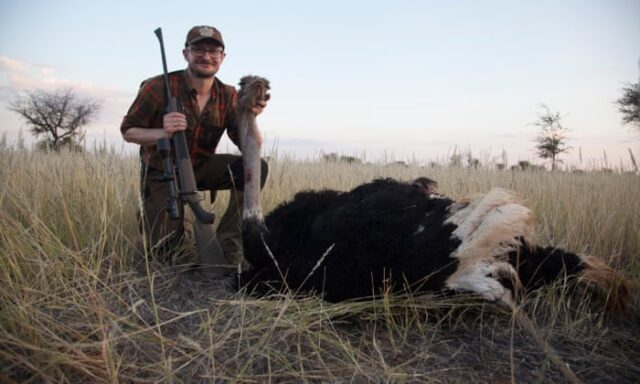
Now, the first thing that we should shed some light on is that there are various organizations that claim that hunters actually hurt our natural resources. But, this is not entirely true since there is a wide range of laws and regulations that ensure that it never gets out of control.
Globally speaking, every country has its own laws. This means that the USA, Africa, and even small countries like Serbia have their own restrictions that all people must follow. For example, most countries have laws that dictate the location, the time, and what animals you can seek.
Once you get familiar with the basic laws, there are others that you must follow that include the weapons and gear that you can use. Now, if you are interested in seeing what equipment you can opt for, as well as a list of the best scopes available on the market, you can check out Targetfrog.com.
4. It Can Help Endangered Wildlife
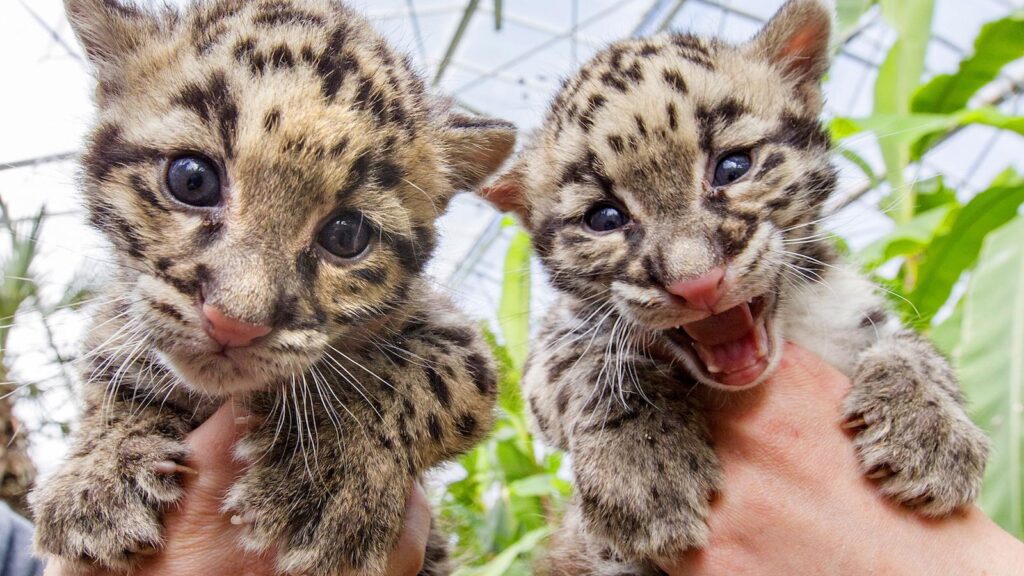
This sport will help with overpopulation, but, it can aid endangered wildlife as well. There is actually a wide range of examples when hunters helped bring specific species back from the edge of extinction. For instance, during 1900, there were approximately half a million whitetail deer left.
But, with the help of people who enjoy this hobby, the population of these animals is now well over 30 million! Another perfect example is the wild turkeys. There were less than 600.000 of them left, but today, their population is higher than 7 million – which is quite amazing, you must admit.
5. It Helps Conversations Stay Alive
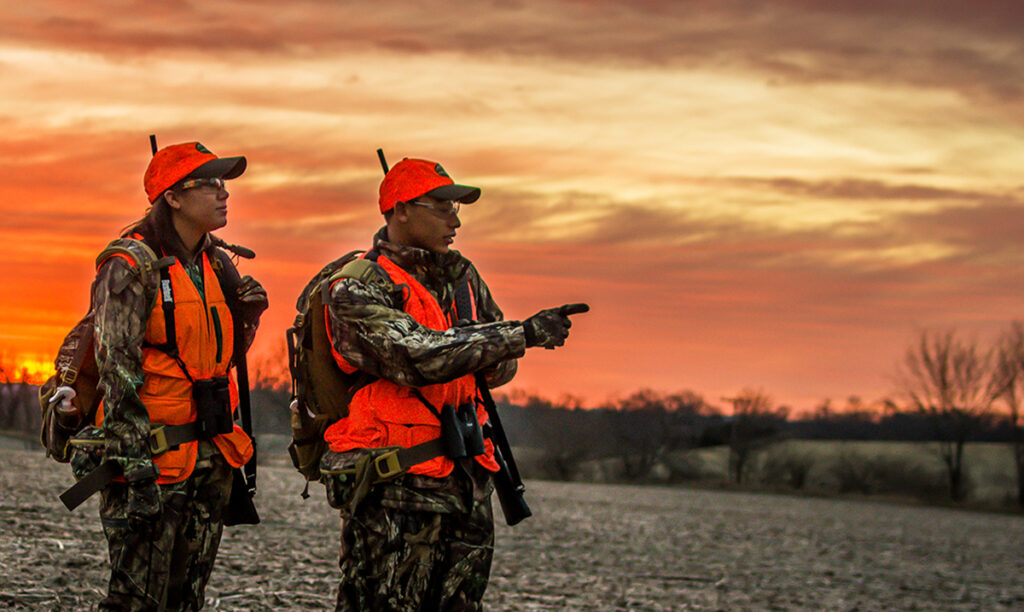
If you have been in the hunting world for some time, then you know that it is not cheap. In order to hunt, you’ll need to obtain licenses such as duck stamps, the license, as well as license for possessing weapons and ammunition. A part of the entire revenue actually goes to conservation programs.
Besides this, people also pay fees for memberships in a wide range of organizations like the Mule Deer Foundation, Duck Unlimited, or Pheasants Forever. Of course, the main goal of such organizations is to help conserve wildlife and the ecosystems they live in. Also, hunters annually raise millions of dollars that benefit animals and their habitats.
6. Hunters Can Help Scientists

In order to preserve our environment, we need more and more information about it. If scientists do not know what is going on, they cannot aid in solving the issue. Hunters will and usually do help scientists by offering everything that they know about the location they frequently visit.
And the best thing about this? They can and usually do see everything, which means that the information they provide will be precise, accurate, and true. They can do so in several ways including visiting the check stations in the forests they track in, and of course, by answering various surveys. Sometimes, they can even provide people with samples of what they need.
Conclusion
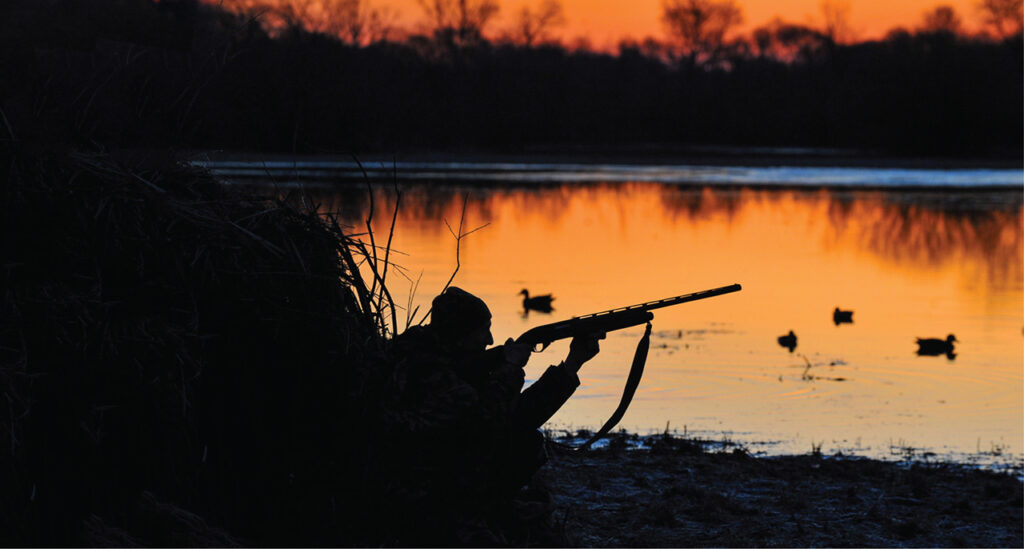
As you were able to read, hunting can actually have a lot of positive impacts on the environment we live in. Without it, there would be a wide range of problems such as the overpopulation of specific animals, as well as damaged ecosystems and disease. So, now that you know that you can help our world by enjoying your hobby, do not waste any more time. Instead, get your camping gear and team together and enjoy several days in the woods with them!




















